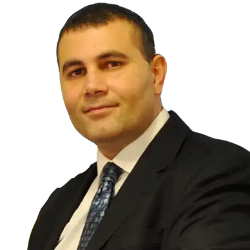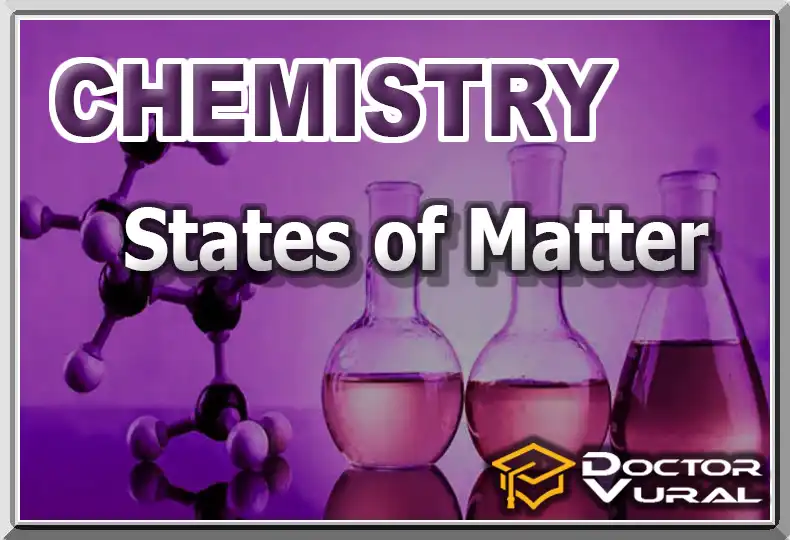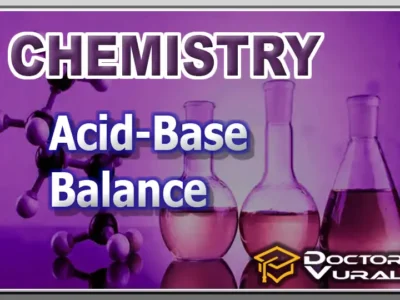States of Matter
Learning Time: 4-12 hours
Content: States of matter is the subject that examines the solid, liquid, gas, and plasma states of matter. This field covers molecular order (crystal structures), phase changes (melting, boiling), kinetic theory, gas laws (Boyle, Charles), and plasma properties. TYT focuses on fundamental states and phase changes, while AYT focuses on gas mixtures and thermodynamic relationships. The current 2025 curriculum also covers phase analyses related to superfluids and climate change. Learning this topic provides a basic framework for understanding the physical properties of matter.
- Fundamental States of Matter:
- Solid (Crystalline and Amorphous Structures)
- Liquid (Fluidity and Viscosity)
- Gas (Molecular Motion)
- Plasma (Ionized State)
- Phase Changes:
- Melting and Freezing
- Evaporation and Condensation
- Sublimation and Regulation
- Kinetic Theory:
- Molecular Motion and Energy
- Temperature and Pressure Relationship
- Collisions and Pressure Buildup
- Gas Laws:
- Boyle’s Law (P₁V₁ = P₂V₂)
- Charles’ Law (V/T = Constant)
- Ideal Gas Equation (PV = nRT)
- Applications:
- Cryogenic Systems (Liquid Nitrogen)
- Climate Modeling (Gas Phase)
- Plasma Technologies (Source)
- Influencing Factors:
- Temperature and Pressure
- Molecular Type and Size
- External Influences (Electrical, Magnetic)
- Modern Developments:
- Superfluids and Bose-Einstein Condensates
- Climate Change Analyses
- Nanophase Ingredients
Course Features
- Lectures 0
- Quizzes 0
- Duration 5 hours
- Skill level Intermediate
- Language English
- Students 22
- Assessments Yes







